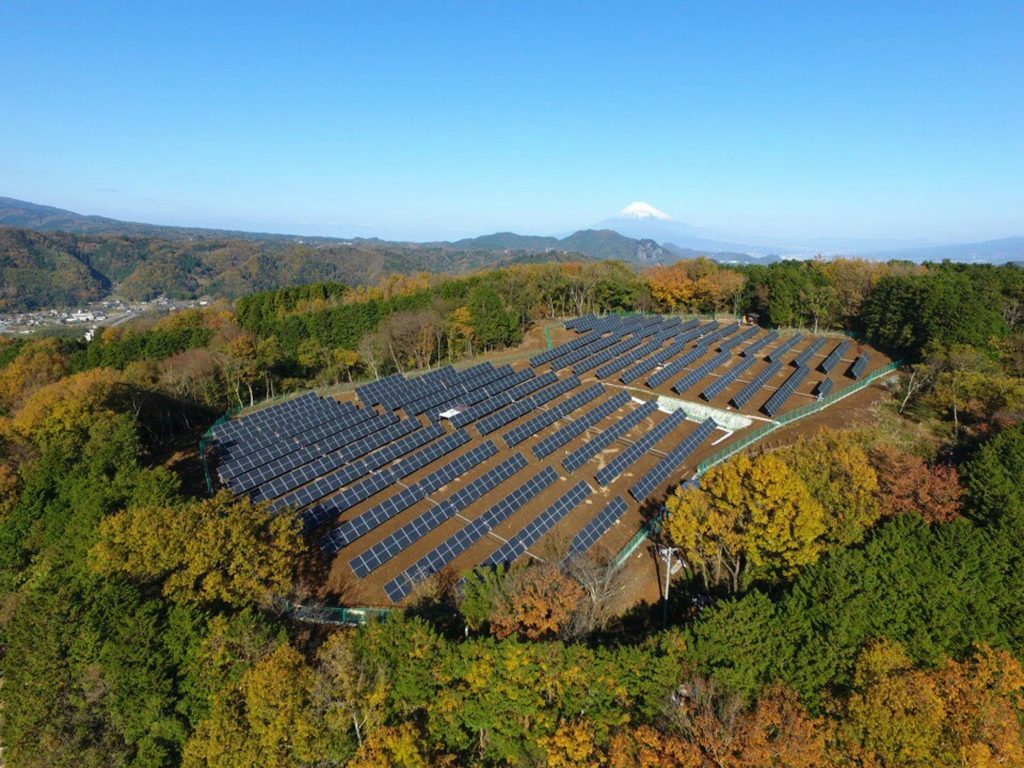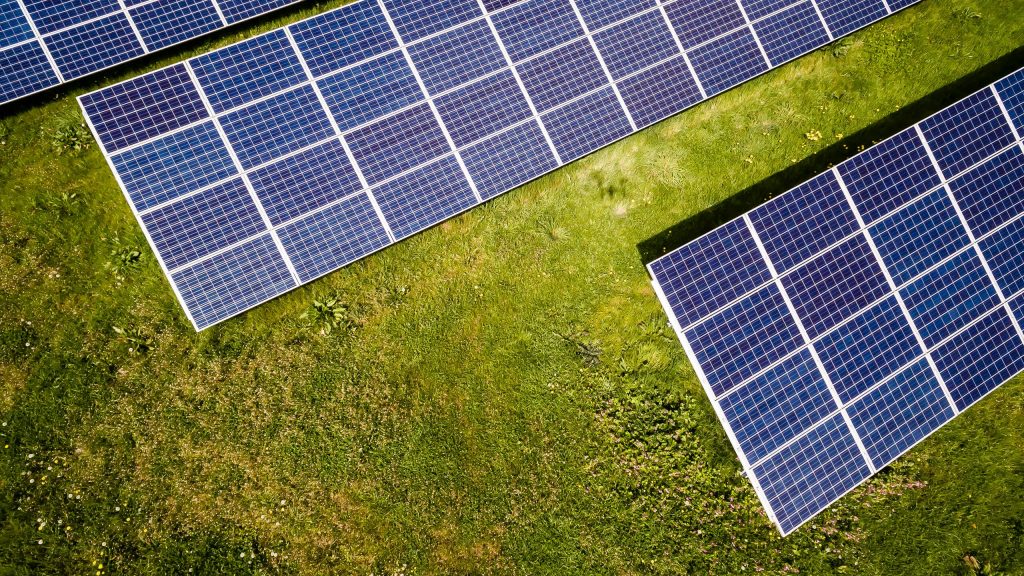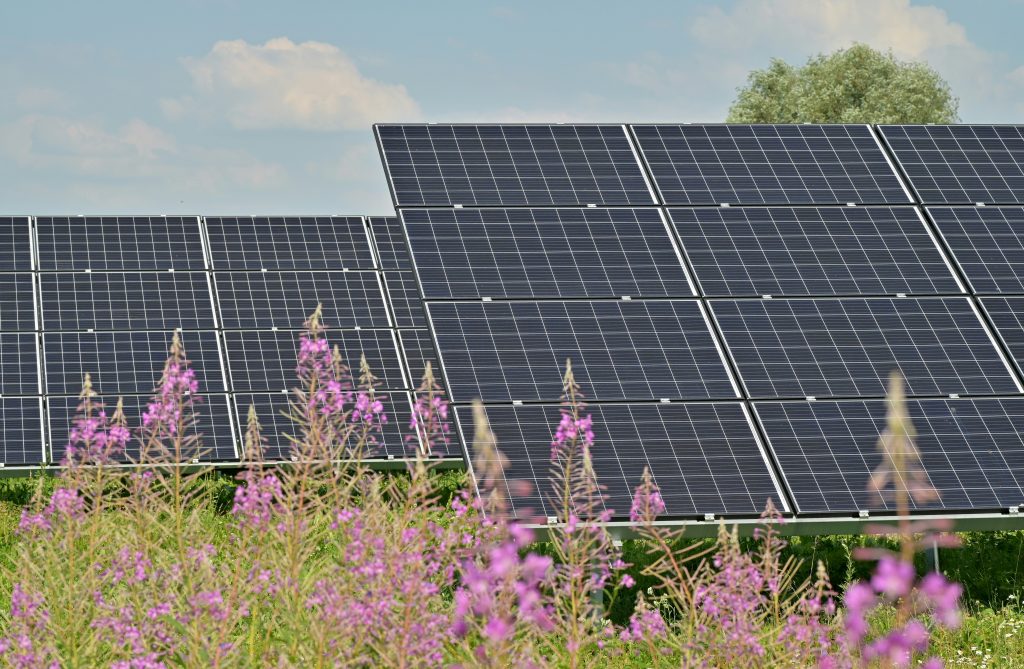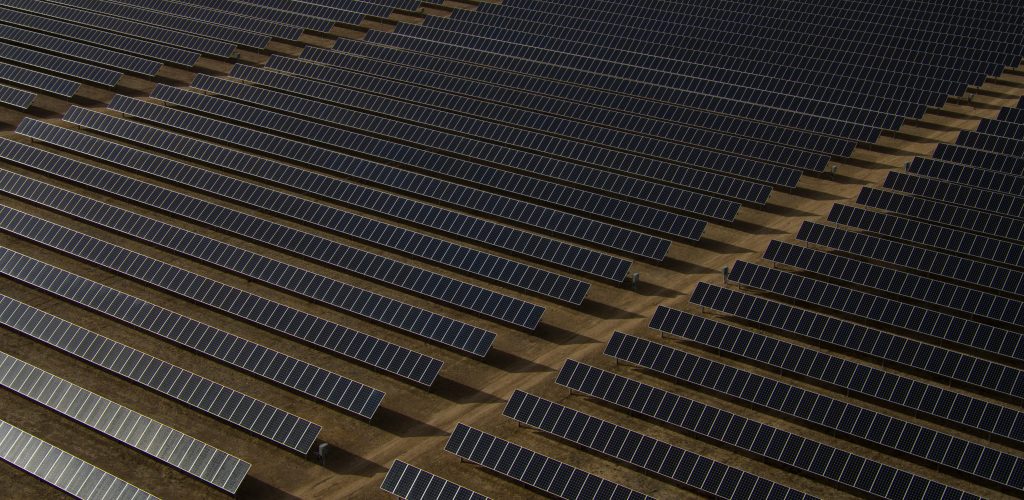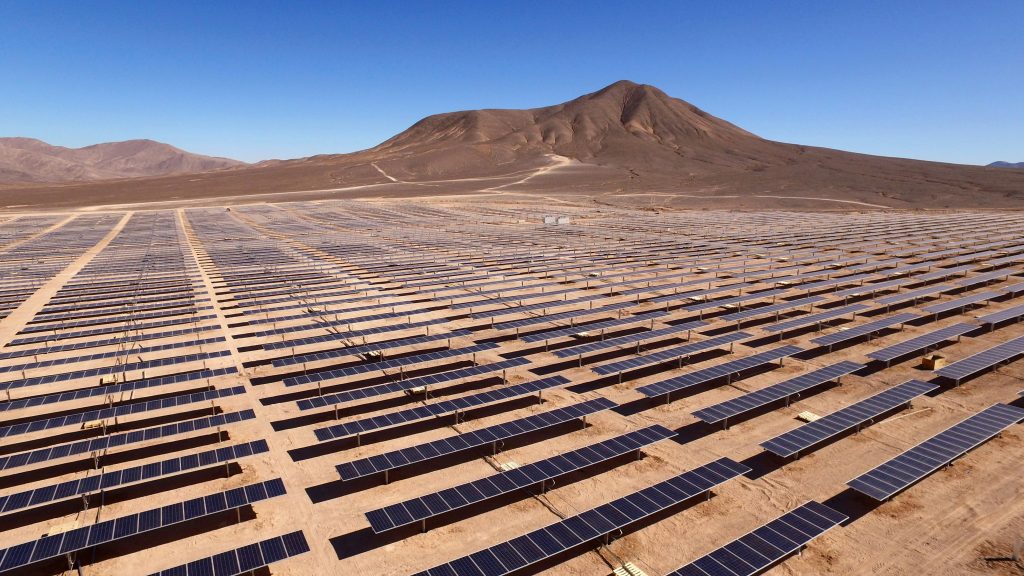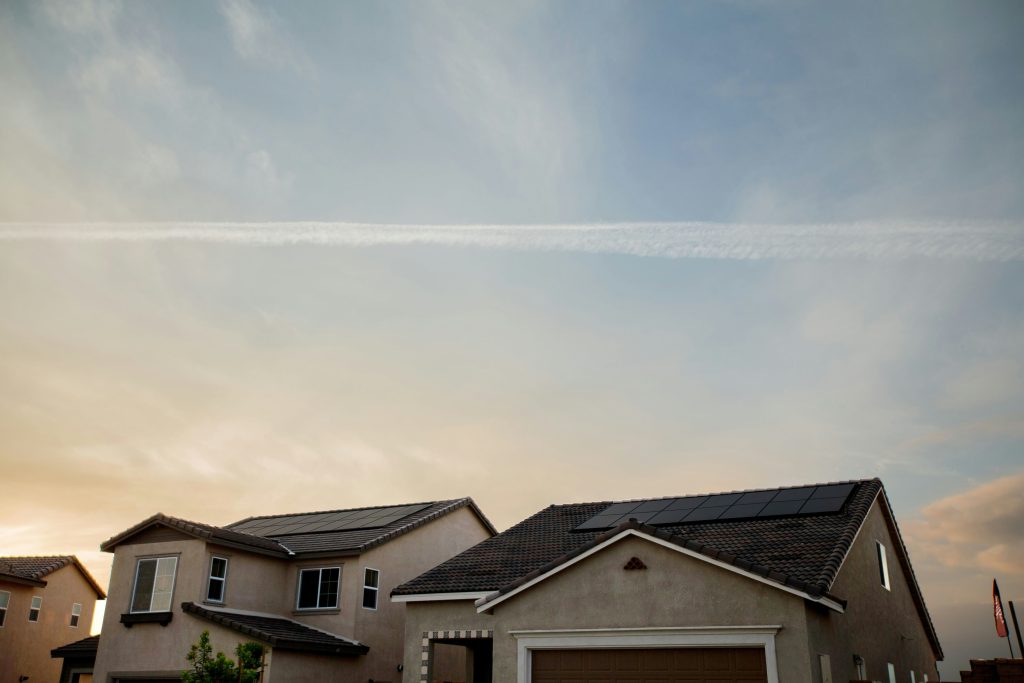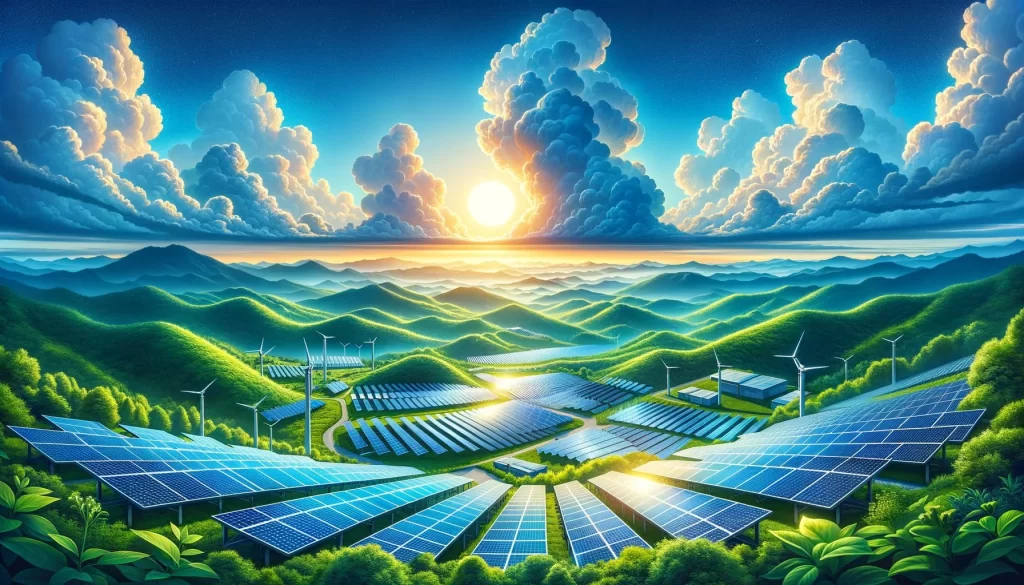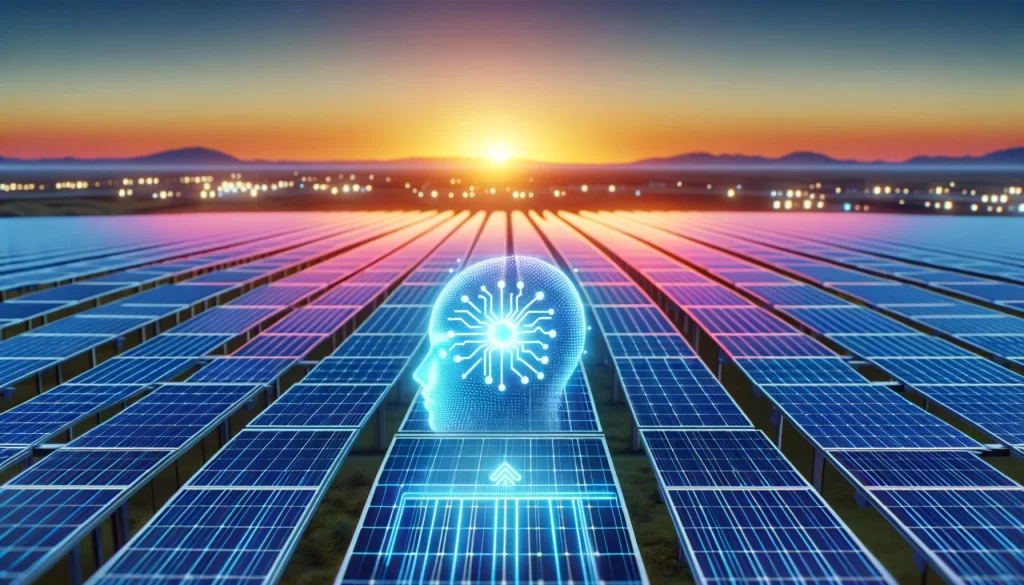Published by Contentify AI
- Introduction
- Understanding Solar PV Panels
- Environmental Impact
- Health Benefits
- Economic Advantages
- Case Studies
- Conclusion

Key Takeaways
- Solar PV panels provide clean and renewable energy, reducing the reliance on fossil fuels and contributing to environmental sustainability.
- Solar PV panels have the potential to bring electricity to remote and off-grid areas, improving access to energy for communities in need.
- The use of solar PV panels in humanitarian efforts can help in disaster relief situations by providing a reliable source of energy for essential services like healthcare and communication.
Introduction
The humanitarian benefits of solar PV panels are manifold, offering far-reaching impacts beyond mere energy generation. These panels provide a clean and sustainable energy source, significantly reducing reliance on fossil fuels and thereby decreasing carbon emissions. By doing so, they contribute to improving air quality, which is particularly beneficial in regions heavily affected by pollution. Furthermore, solar PV panels promote energy independence and security, empowering communities, especially in remote and underdeveloped areas, with reliable power access. This has a transformative effect on local economies as it enables increased productivity and access to modern amenities such as lighting, refrigeration, and communication technologies. Additionally, the deployment of solar energy projects often leads to skill development and job creation, fostering economic growth and stability in the communities involved. Through these diverse impacts, solar PV panels play a crucial role in advancing humanitarian goals worldwide.
Understanding Solar PV Panels
Solar PV panels offer significant humanitarian benefits, transforming lives in numerous ways. By providing a clean and renewable source of energy, they reduce dependency on traditional fossil fuels, leading to lower carbon emissions and improved air quality. This is especially crucial in developing regions where pollution levels are high. Access to solar energy can empower remote and underserved communities by ensuring a reliable and sustainable power supply, which is essential for healthcare, education, and overall quality of life. Additionally, solar PV projects often stimulate local economies by creating job opportunities and fostering skill development. The availability of consistent electricity can also enhance productivity and enable modern communication technologies, bridging gaps in access to information and resources. By supporting energy independence and resilience, solar PV panels contribute to the broader goal of sustainable development, making a tangible difference in the fight against poverty and inequality.
Environmental Impact
Solar PV panels deliver numerous humanitarian benefits, transforming communities by providing a reliable and sustainable energy source. In regions lacking access to consistent electricity, solar panels offer a vital solution, enabling critical services such as lighting, refrigeration for medicines, and the functioning of communication technologies. This is particularly beneficial for rural and underserved areas, where traditional energy infrastructure may be weak or nonexistent. By reducing dependence on fossil fuels, solar PV panels significantly lower carbon emissions, which contribute to cleaner air and a healthier environment. This is essential for improving public health and combating climate change. Furthermore, the installation and maintenance of solar PV systems create job opportunities, fostering economic development and skill acquisition within local communities. Access to solar energy also supports educational initiatives by powering schools and providing students with the means to study after dark. Overall, the implementation of solar PV panels plays a crucial role in advancing socio-economic growth, health, and educational outcomes, contributing to a more sustainable and equitable world.
Health Benefits
The humanitarian benefits of solar PV panels are substantial, offering transformative impacts on communities worldwide. By providing a clean and renewable energy source, solar PV panels reduce reliance on fossil fuels, leading to decreased carbon emissions and improved air quality. This is particularly beneficial in areas suffering from high pollution levels, contributing to better respiratory health and overall well-being. Moreover, solar energy empowers remote and underserved regions by ensuring access to reliable and sustainable electricity, which is crucial for healthcare facilities, schools, and homes. This reliable energy source supports critical services such as lighting, refrigeration for vaccines, and communication technologies. Additionally, the deployment of solar PV systems fosters economic growth by creating local job opportunities and skill development. These panels enable communities to achieve energy independence, enhance resilience, and improve their quality of life. Ultimately, solar PV panels play a vital role in advancing humanitarian efforts, promoting sustainable development, and bridging inequalities in energy access.
Economic Advantages
Solar PV panels offer numerous humanitarian benefits, significantly impacting communities worldwide. By harnessing the power of the sun, these panels provide a clean and sustainable energy source, reducing reliance on fossil fuels and lowering carbon emissions. This transition is crucial for improving air quality and combating climate change, which directly affects public health and the environment. Moreover, solar PV panels empower remote and underdeveloped regions by providing reliable electricity. This access is essential for essential services like healthcare, education, and communication, which can transform the quality of life for people in these areas. For instance, solar-powered lighting and refrigeration enable clinics to store vaccines safely and operate after dark, improving healthcare outcomes. Additionally, the installation and maintenance of solar PV systems create job opportunities, fostering local economic development and skill-building. By promoting energy independence and self-sufficiency, solar PV panels help communities become more resilient and reduce their vulnerability to energy price fluctuations. Overall, the humanitarian benefits of solar PV panels are profound, facilitating sustainable development and promoting a more equitable distribution of energy resources.
Case Studies
Solar PV panels offer significant humanitarian benefits by providing a clean, sustainable energy source that transforms communities worldwide. By reducing dependency on fossil fuels, they contribute to lower carbon emissions and improve air quality, which is crucial for public health. This transition to solar energy is particularly beneficial in regions with high pollution levels, leading to better respiratory health and overall well-being. Moreover, solar PV panels empower remote and underserved areas by ensuring access to reliable electricity, which supports essential services such as healthcare, education, and communication. This access enables clinics to store vaccines properly and operate medical equipment, while schools can utilize lighting for better educational outcomes. Additionally, solar PV projects create job opportunities and enhance local economies by fostering skill development and economic growth. By promoting energy independence, solar panels help communities build resilience against energy price fluctuations and achieve sustainable development goals. Overall, the humanitarian benefits of solar PV panels are profound, offering a pathway to a cleaner, healthier, and more equitable future.
Conclusion
Solar PV panels provide numerous humanitarian benefits, significantly impacting and transforming communities worldwide. By offering a clean and renewable energy source, they drastically reduce reliance on fossil fuels, resulting in lower carbon emissions and improved air quality. This is especially crucial in regions burdened with high pollution levels, contributing to better public health and environmental conditions. Beyond environmental benefits, solar PV panels empower remote and underserved areas by providing consistent and reliable electricity. This access is vital for essential services such as healthcare facilities, where solar power enables the operation of life-saving equipment and refrigeration for medicines and vaccines. In education, solar energy allows schools to extend learning hours and use digital tools, enhancing educational outcomes. Economically, solar PV projects stimulate local job creation and skill development, fostering community growth and self-reliance. By promoting energy independence and resilience, solar PV panels play a pivotal role in advancing sustainable development and reducing energy inequality across the globe.

